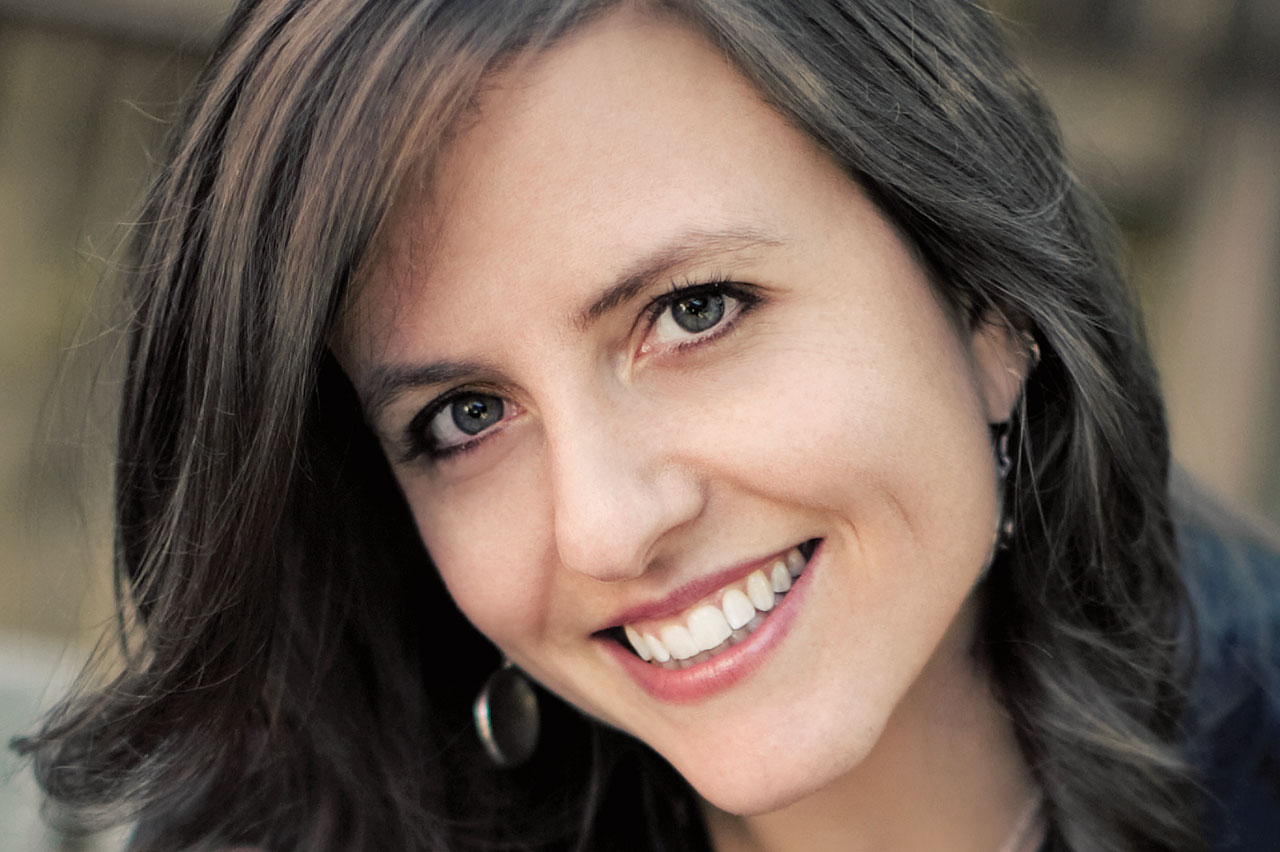With her bestselling book, “The Immortal Life of Henrietta Lacks,” author Rebecca Skloot brings long overdue attention to the issues surrounding racial disparities in cancer care and clinical trials.
The year was 1951. Henrietta Lacks, an African American cancer patient, was undergoing treatment for cervical cancer. Without her consent, her surgeon took a biopsy of her tissue to a lab that was attempting to grow cells for biomedical research. For the first time ever, scientists were able to grow an immortalized cell line from Henrietta’s cells. The cells were named HeLa and became one of the most successful tools in modern medicine, giving rise to a multi-billion dollar industry.
Henrietta was never asked permission for her cells to be taken, and her family did not know of the HeLa cells until 20 years after her death. This represents just one of many times throughout history when research has been performed on individuals—often within minority populations—without their permission. In exposing this harsh truth in her book, Skloot raises important questions related to human tissue, medical progress and consent.
After working closely with the Lacks family on her book, Skloot went on to create the Henrietta Lacks Foundation, whose mission is to “help individuals who have made important contributions to scientific research without personally benefiting from those contributions, particularly those used in research without their knowledge or consent.”
In Cancer Today Magazine, Skloot says Lacks’ story “raises so many issues that are still unresolved today—issues related to race and class, access to health care, and bioethics. Should people have a right to control what’s done with their tissues once they’re removed from their bodies? And who, if anyone, should profit from those tissues? I hoped by raising those issues, and many others, I could help start a larger discussion about them.”

